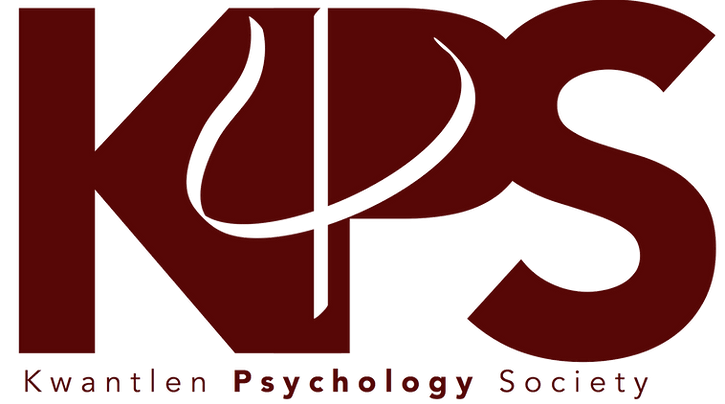About the Journal
KPSJ was founded in 2018 by KPU Instructor Dr. Arleigh Reichl with the support of student-members of the Kwantlen Psychology Society—including founding Manager and Editor Amanda Dumoulin—and other KPU faculty members. Dr. Reichl’s vision for this journal was to give students the experience of being reviewers and editors in an academic journal, and to introduce students to the peer-review process through publishing their undergraduate work.
The KPSJ team is most grateful for the generous support of an Open Educational Resources Grant from KPU, and for the encouragement and support of Dr. Rajiv Jhangiani, Associate Vice President, Teaching and Learning. Special thanks also to Karen Meijer-Kline, Scholarly Communications Librarian, for the training and support with Open Journal System
The scope of KPSJ publications are empirical research articles (such as course-based research projects or honour’s projects), analytical papers (such as term papers), academic/conference-style posters, PSYC 4010 practicum reflection papers, and PSYC 4010 practicum posters.
Open access policy
This journal is open access, free to access by all users.
All articles published by KPSJ are licensed under the Creative Commons Attribution-NonCommercial-ShareAlike 4.0 International (CC BY-NC-SA 4.0)
- You are free to:
- Share — copy and redistribute the material in any medium or format
- Adapt — remix, transform, and build upon the material
- The licensor cannot revoke these freedoms provided you follow the license terms.
- Under the following terms:
- Attribution — You must give appropriate credit, provide a link to the license, and indicate if changes were made. You may do so in any reasonable manner, but not in any way that suggests the licensor endorses you or your use.
- NonCommercial — You may not use the material for commercial purposes.
- ShareAlike — If you remix, transform, or build upon the material, you must distribute your contributions under the same license as the original.
- No additional restrictions — You may not apply legal terms or technological measures that legally restrict others from doing anything the license permits.
Copyright notice
- Author rights:
- Reuse the paper in future work
- Reproduce copies of the article
- Use the published version of the article in presentations (conferences, seminars, etc)
- Upload article to post-print archives
- Grant permission to others to use or re-use figures
- Journal rights:
- Non-exclusively publish, reproduce, distribute, edit work
- Make the article available in all forms and media
- Have the option of enforcing copyright on behalf of the author



